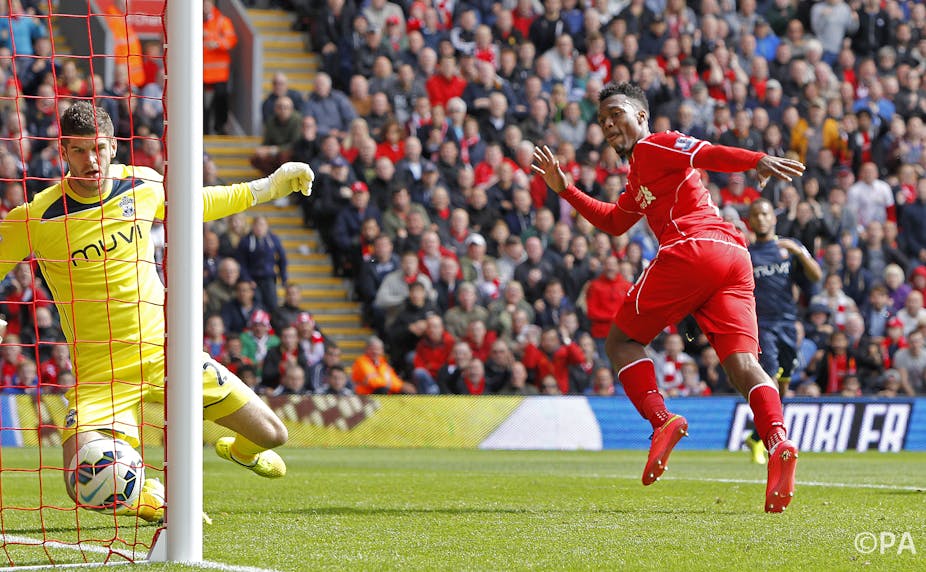As a new football season starts, the Premier League has stated its intent to stop fans from posting unofficial videos of goals online. The Premier League has pointed out that the videos of goals and other match highlights, which get shared on social media, is copyrighted and therefore illegally uploaded.
This isn’t a new problem – the internet has changed viewing habits forever. The increasing number of people watching live broadcast events through mobiles and tablets, especially among certain demographics, is a rising issue that broadcasters must address. But as well as presenting them with a challenge, it also presents advertisers and broadcasters with an opportunity to capitalise on the changing market and habits of viewers.
The 2014 FIFA World Cup broke online streaming records around the world with 5.3m unique viewers watching at peak viewing. So, the challenge for broadcasters is how to maintain a compelling media experience, while monetising the events to get the return on the investment that they have paid for the TV and online streaming rights of these games.
Broadcasters have their own mobile apps and websites where subscribers can officially stream services. But they are competing with alternative social media platforms like Vine, Snapchat and the established Facebook, Twitter and YouTube, where members of the public can upload content illegally that’s free for the non-paying public around the world to watch. And so broadcasters are trying to muster their contractual and legal clout to manage the violations of recorded videos posted on websites such as Vine.
The issue is an old one in internet terms of where copyright material that is shared through a social media or a search engine is violating the original broadcasters terms and conditions. You can post links to official streams and you can list and search video clips, but this breaks down when copies can be put on sites such as Vine that specialise in momentary clips for sharing.
But does a short 15 or 30-second looping clip constitute streaming a game or providing a video service? It’s difficult to see – especially from a fan’s point of view – how this is intended to violate copyright, rather than the social network experience it is typically intended to foster.
It’s ironic that where the digital world, which disrupted the traditional business model, is now in effect disrupting itself through alternative digital platforms competing with each other for for the online viewing and social media public.
The two root issues that remain are the open nature of social media platforms and the challenge this creates for copyright content that prevents its widespread usage. Another is the impact of virtual business where, like the Uber taxi service, the digital world can empower anyone to be a broadcaster or a business without any physical or commercial attachment.
The monetisation model in the digital world is potentially at odds with the traditional model that was based on legal contracts. Traditionally, content rights were negotiated and paid for upfront by a media company that then controlled that content. The new online world, however, is driven by the here and now, with real-time social interactions being exchanged “live”.
It’s a world of difference in many ways from an upfront and static contract model that seeks to direct viewing traffic towards itself. This kind of managed viewing control by providers of content is a different social dynamic to the control given to social media consumers who often see it as their right to choose who they contact and what they want to see and do – with no binding contracts.
Mainstream broadcasters will struggle to prevent this so long as their sites are not integrated with social media websites. The problem and opportunity is that the barriers to entry for providing and capitalising on these services and switching between them are very low in the cyber world. Consumers can just click to another platform as and when they like.
But we are still in the early days of the multimedia social world and these battles will rumble on as digital platforms seek to own parts of the user experience and the monetisation models from this. Meanwhile traditional media will seek to maintain as much ownership and rights as possible.

